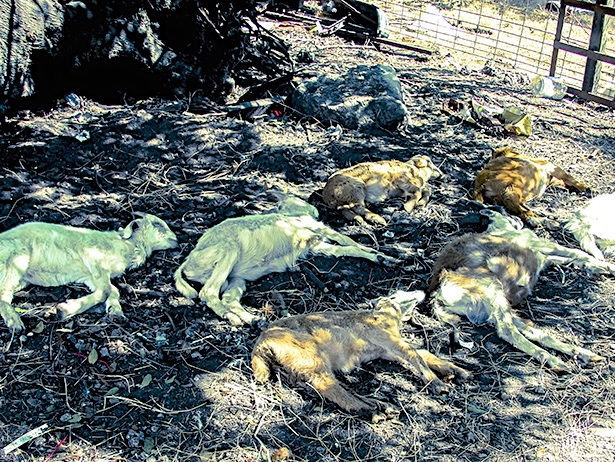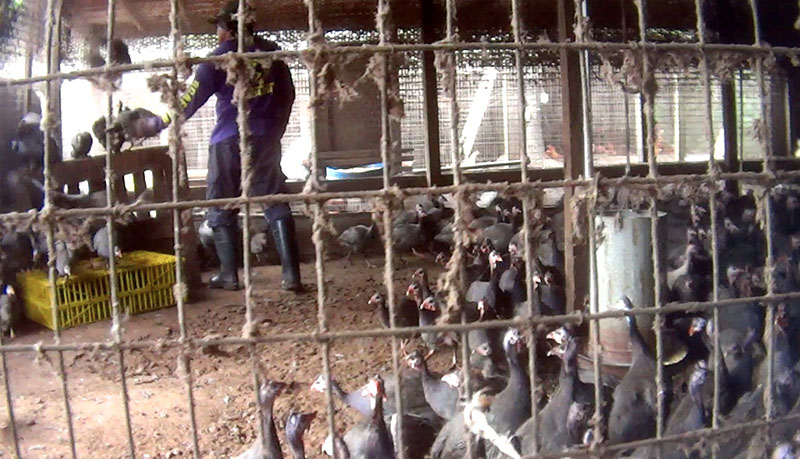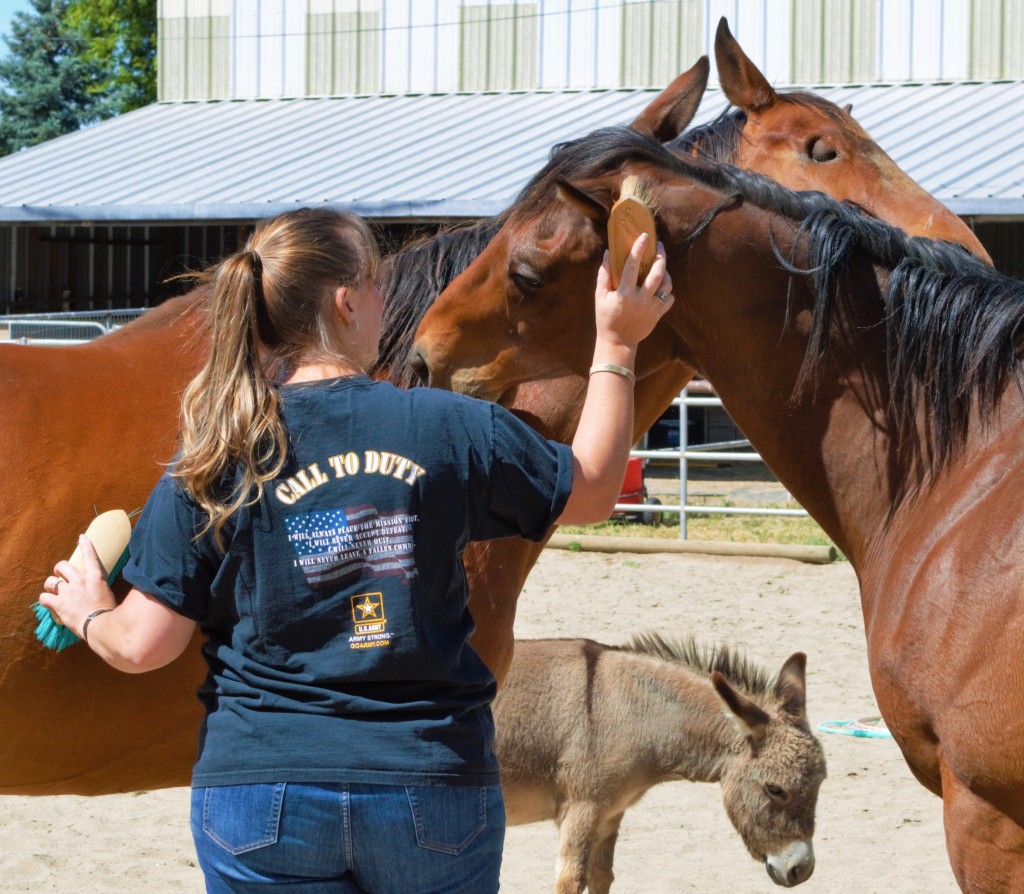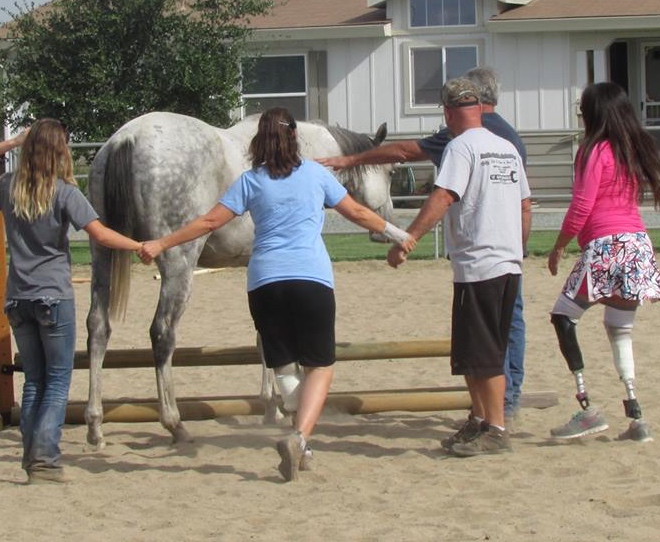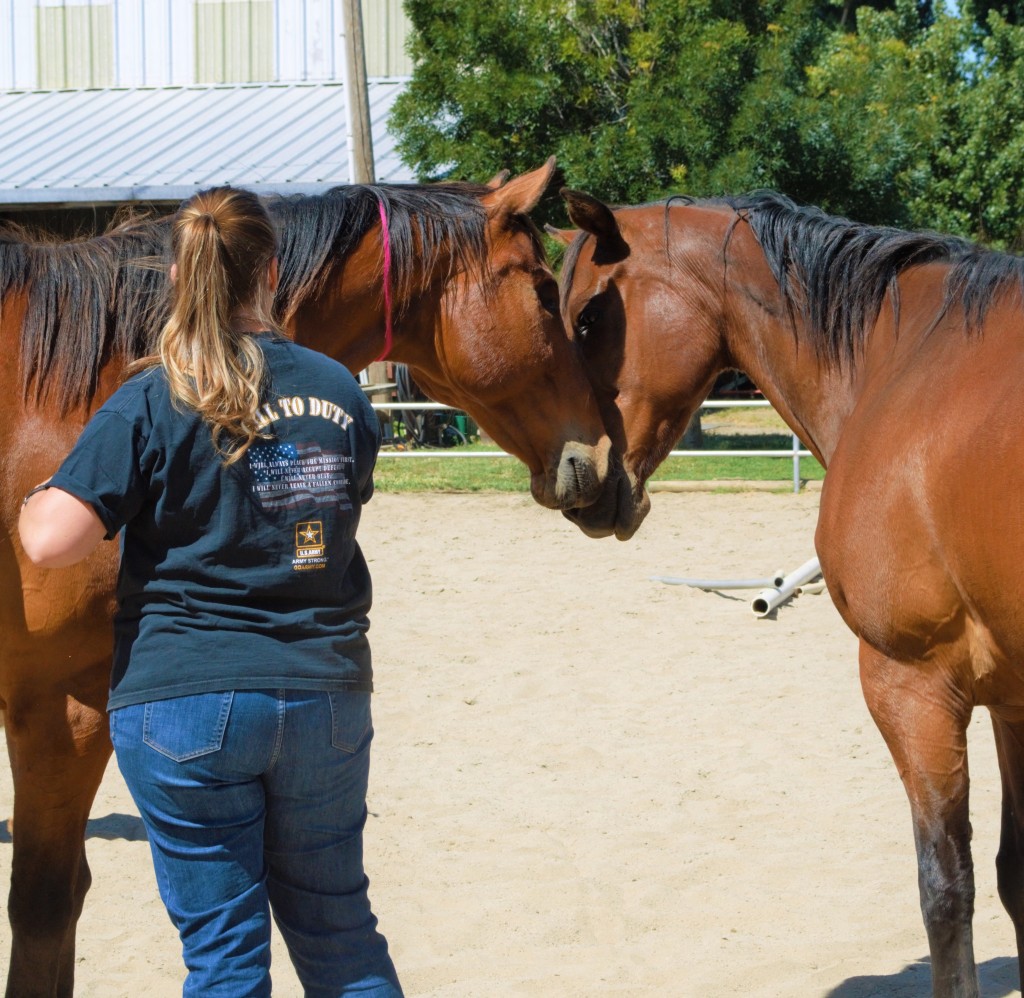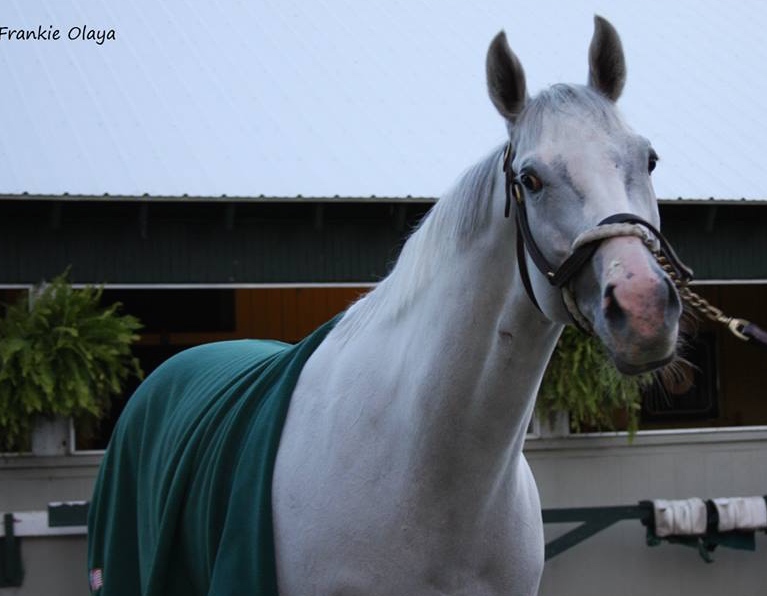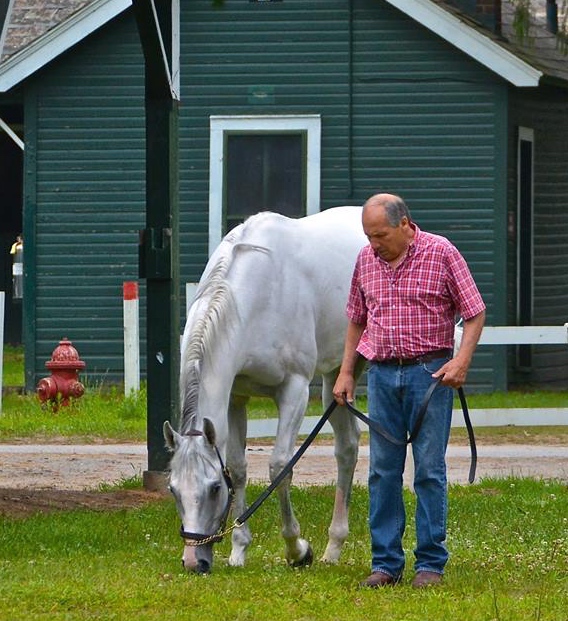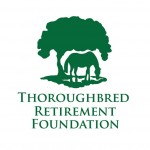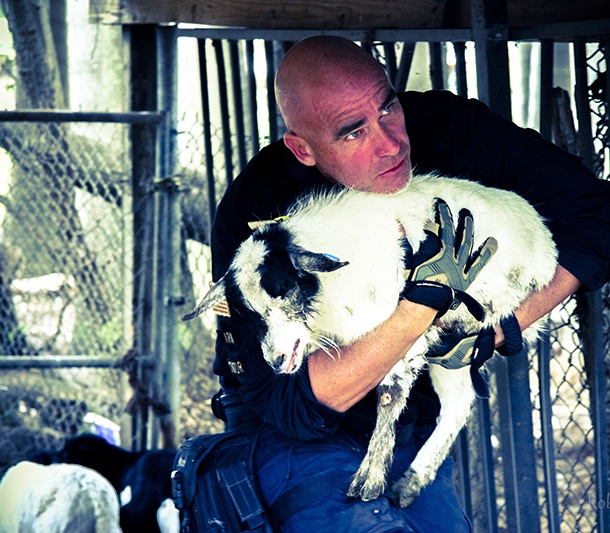
Richard “Kuto” Couto, founder of the Animal Recovery Mission, triggered the shutdown of the largest illegal slaughterhouse in the U.S. in March. Police and an Organized Crime Unit shut down Coco Farm in Florida.
The nation’s largest known illegal slaughterhouse—a place where horse carcasses were fed to crocodiles as the final insult—was shut down in March in a large-scale sting operation led by Richard “Kudo” Couto of the Animal Recovery Mission (ARM).
Following a five month investigation in which Couto documented severe conditions on the property where more than 9,000 animals could be found living in filth, hunger, and disease, the kingpin of illegal slaughterhouses known as Coco Farm was raided by 80 law enforcement officials, including officers from the Miami-Dade Police Department, State Attorneys office, and members of the Organized Crime Unit, Couto says.
“This is the largest illegal slaughterhouse ever shut down in U.S. history,” Couto says. “We took out over 9,500 animals during the raid, including goats, pigs, chickens, cattle, and sheep. Horses had been there as well, in a back field with the cattle, but by the time we got out to the back of the property where they were kept, they’d been butchered.”
Couto and his team at the Animal Recovery Mission (ARM) has conducted undercover investigations of illegal slaughterhouses resulting in criminal prosecution since 2008, when the former investigator for the SPCA-turned animal activist was personally touched by the struggle of an ex-racehorse Thoroughbred who was inches away from the butcher’s blade.
Thoroughbred Freedom’s Flight, a chestnut gelding who narrowly escaped death from a backwoods butcher in Florida, became Couto’s personal horse shortly after the animal was rescued. (Please read that story here). And since 2008, Couto and a team of dedicated animal rights personnel has exposed and shut down nearly more than 100 illegal slaughterhouses.
“We’ve shut down almost 140 and we’re guesstimating there’s another 500 in existence here in Florida,” Couto says. “And they all kill horses.”
But Coco Farm was the biggest and most significant, thus far, he says.
Coco Farms, he notes, is the first illegal slaughterhouse to be labeled as “organized crime,” Couto says he is hopefully penalties will be strengthened against those charged in connection with the operation. Four men face charges. They are: Gregorio Santa Ana (owner); Henry Gustavo Parra Oporta; Ruben Rodriguez; and Jose Armando Soilis, according to various news agencies.
Couto says he is hopeful that, if convicted, the sentence levied against these large-scale operations will be even harsher than the automatic felony laws already in place in Florida, which mandate a minimum three-year prison sentence for those convicted of illegal slaughter.
“Being titled organized crime changes things, I can assure you,” he says. “It makes it a much larger issue than just a few animals killed every week.”
